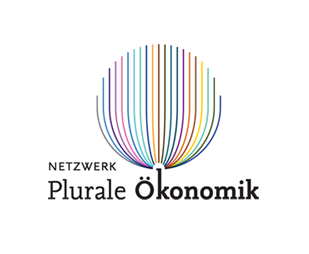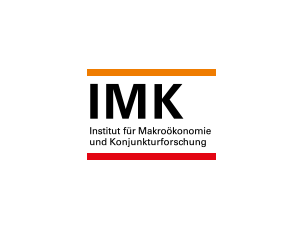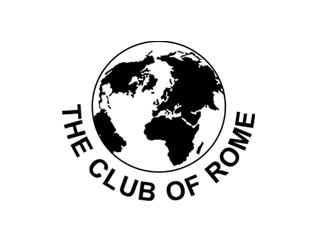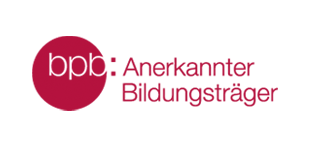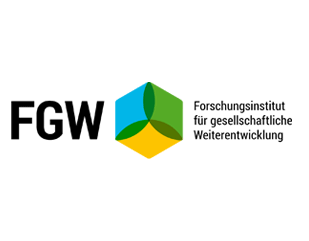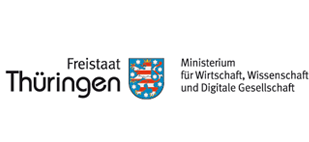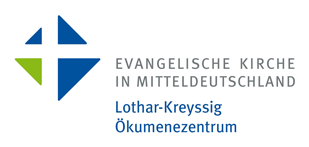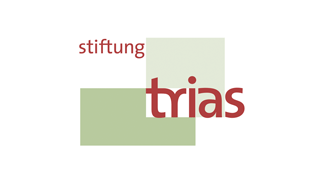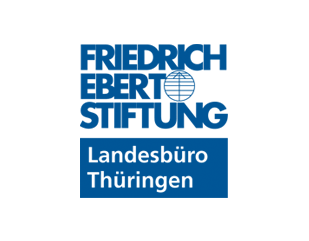Summer Academy for Pluralist Economics 2019: Workshops
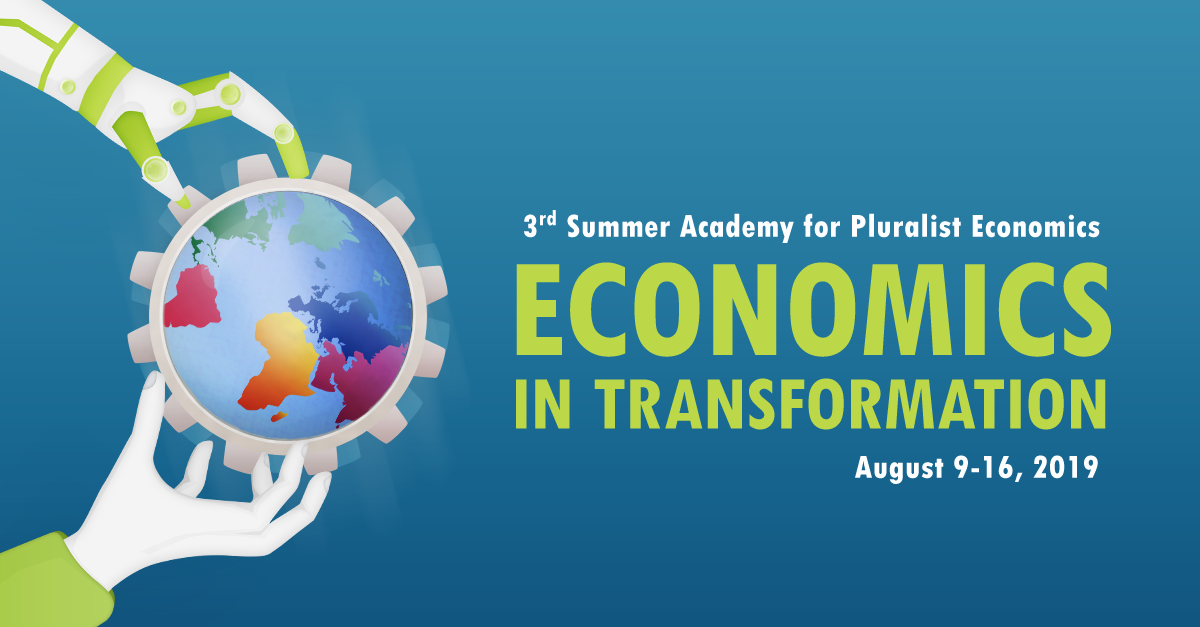
Workshop 1: Feminist Economics
Lilly Schön (Hochschule für Technik und Wirtschaft Berlin)
Justina Lee (Universidad de Buenos Aires, Netzwerk Ni una menos, Berlin)
Language: English
This workshop investigates how a gender perspective deepens our understanding of the way the economy works. Phenomena such as unpaid care work, the gendered division of labour, power structures and discrimination will be of central interest to us and will be understood as the invisible basis upon which everything else operates. We will give an overview of the central principles, concepts and insights of feminist economics and its critique of mainstream economics. Furthermore, we will discuss how a feminist perspective uncovers multiple crises within our society which broadens our understanding of phenomena like the economic and financial crisis. This workshop will consider questions related to the crisis of reproduction, specific effects of austerity policies on women, including countries in the Global South as well as societal struggles surrounding the aforementioned phenomena.
Workshop 2: Inequality Economics
Sebastian Gechert (Macroeconomic Policy Institute IMK, Dusseldorf)
Jan Behringer (Macroeconomic Policy Institute IMK, Dusseldorf)
Language: German
The workshop aims to create a common understanding of the distribution of income and wealth in Europe and globally, including basic concepts of measurement and data sources. Participants will learn about historical and recent trends in inequality, their causes and policy implications. We will emphasize the links between inequality and macroeconomic developments.
Workshop 3: Critical Institutional Economics
Stephan Panther (Cusanus University, Bernkastel-Kues)
Language: English
The term Institutional Economics is ambiguous. New Institutional Economics, for example, belonging to the mainstream, gained reputation between the 1990's and 2000 as part of the Institutional Turns in all social sciences. Within this latter development, the Original or Critical Institutionalist Economics in the tradition of Thorstein Veblen also experienced a revival, best represented by Geoffrey Hodgson. Key concepts include habit, change, and evolution.
The focus of this workshop will be on Critical Institutionalism, and will be guided by the following question: how can institutional change be guided on the basis of a normatively rich economic theory? The workshop takes an interdisciplinary approach and will also explore multiple approaches of economic sociology such as Bourdieu's Habitus, field theory, and the French economics of conventions.
Workshop 4: Entrepreneurship & Diverse Economies
Jana Gebauer (Die Wirtschaft der Anderen and IÖW Institute for Ecological Economy Research, Berlin)
Language: German or English
In this workshop, we broaden our perspective on what "the company" is. The dominant perception describes the company as being large and expansive, always profit-maximizing and engaged in destructive global competition. However, a variety of economic actors deviate from this - they are rather small and regionally embedded, driven by values and qualities that are cooperative, solidary and oriented towards the common good. We find them in a variety of alternative economic niches, but also among the small and medium-sized enterprises (SMEs) of the so-called normal economy. They challenge our understanding of "the company", "the economy" and also the role that business can possibly play in a social and ecological transformation. Against the background of critical transformational approaches such as degrowth/post-growth, we discuss and compare, for example, growth-critical SMEs, common good-oriented companies, transition enterprises, sustainable entrepreneurs, and cooperatives and collectives of the solidarity economy. Perceiving all of them as part of diverse economies, we then discuss how these actors and their approaches could be integrated into a transformative understanding of regional post-growth economies.
Workshop 5: Degrowth and Ecological Economics
Birte Strunk (ZOE Institute for inclusive and sustainable economies, Bonn)
Language: English
This workshop focuses on a systematic debate on the Degrowth Movement, as well as its classification in ecological economics. It starts pointing out the necessity of a social-ecological transformation and criticism on green growth as solution for current challenges. In a next step we are going to discuss a theoretical-conceptual basis for a social-ecological transformation towards a degrowth society. During the last part of this workshop we will debate controversial topics in the Degrowth Movement, such as degrowth and state, feminist perspectives on degrowth as well as connections to inequality movements in the global south.
Workshop 6: Political Economy based on Karl Marx
Anna Weber (University of Kassel)
Language: English
In this course we look at structural power inequalities and interests within capitalism. Central concepts of Karl Marx as well as more recent theories of Critical Political Economy that rely on Marx's work will help us here. We will recall the beginning of the financial crisis in 2007/08 and want to understand the inevitableness of crisis within the nature of capitalism: What exactly did Marx say about financial crises? What role do financial markets have in capitalism? And how can we interpret these and other (economic) crises referring to Marx? The course also aims to inspire dreams and to discuss alternative ideas on how to organize a post-capitalist society. Central to all of this is that the participants strengthen their knowledge and their own judgment in order to be able to position themselves critically against economic issues and their social consequences and to develop their own position vis-à-vis the legacy of Marx and Marxism.
Workshop 7: Complexity Economics
Claudius Gräbner (University of Duisburg-Essen, University Linz)
Torsten Heinrich (Oxford University)
Language: English
This course will cover both theoretical and methodological concepts of complexity economics. We start by discussing the history of complexity economics and its roots in different disciplines. Then we explore its meta-theoretical foundations and the relation to the philosophical concept of systemism. We will introduce the participants to basic modelling approaches of complexity economics: game theory, evolutionary dynamics, nonlinear dynamical systems, and basic network theory. When discussing the empirical aspects of complexity economics, we focus on the importance of heavy-tailed distributions such as power laws and how to work with them. Each day one slot will be dedicated to the introduction of the programming language Python and the basics of agent-based modelling. No prior programming experience is necessary, but students without any knowledge in Python are provided with two short preparatory video lectures prepared by the lecturers.
Workshop 8: Post-Keynesian Economics
Steve Keen (Kingston University London)
Elisabeth Springler (Technical College of the bfi Vienna)
Language: English
The first half of the workshop includes a detailed introduction to post-Keynesian economics, based on John King's textbook Introduction to Post-Keynesian Economics. The workshop begins with the origins of post-Keynesian economics and a distinction between old and new Keynesian economics. It continues with methodological questions, political implications and comparisons with other heterodox schools of thought. The second half of the workshop focuses on mathematical models of financial instability, borrowing mainly from Hyman Minsky's Financial Instability Hypothesis.
Workshop 9: Criticism of Mainstream Epistemology
Dimitris Milonakis (University of Crete)
Thomas Dürmeier (Goliathwatch, Hamburg)
Language: English
Mainstream neoclassical economics has become virtually dominant as a teaching method and approach to economic thinking in the latter part of the 20th century. This dominance is associated with a total lack of tolerance towards any alternative methods and modes of analysis. Methodologically speaking, the main characteristics of the neoclassical school are, firstly, its formalistic turn with the associated lack of real-world relevance and, secondly, the use of a deductivist methodology. The recent financial crisis has most clearly illustrated the limits of these methodological approaches, and yet, mainstream economists seem to carry on in the same fashion. The purpose of this workshop is fourfold: 1) present these recent developments in economic science (e.g. formalism, deductivism), 2) expose the limits of these methodological approaches, 3) explore the reactions of mainstream economics to the crisis and what they signify, and, finally, 4) propose alternatives drawing from the work of Amartya Sen and Pierre Bourdieu. This last section will introduce new methodological approaches such as microeconomic discourse analysis and power analysis, showing mathematical applications of these ideas where possible.

